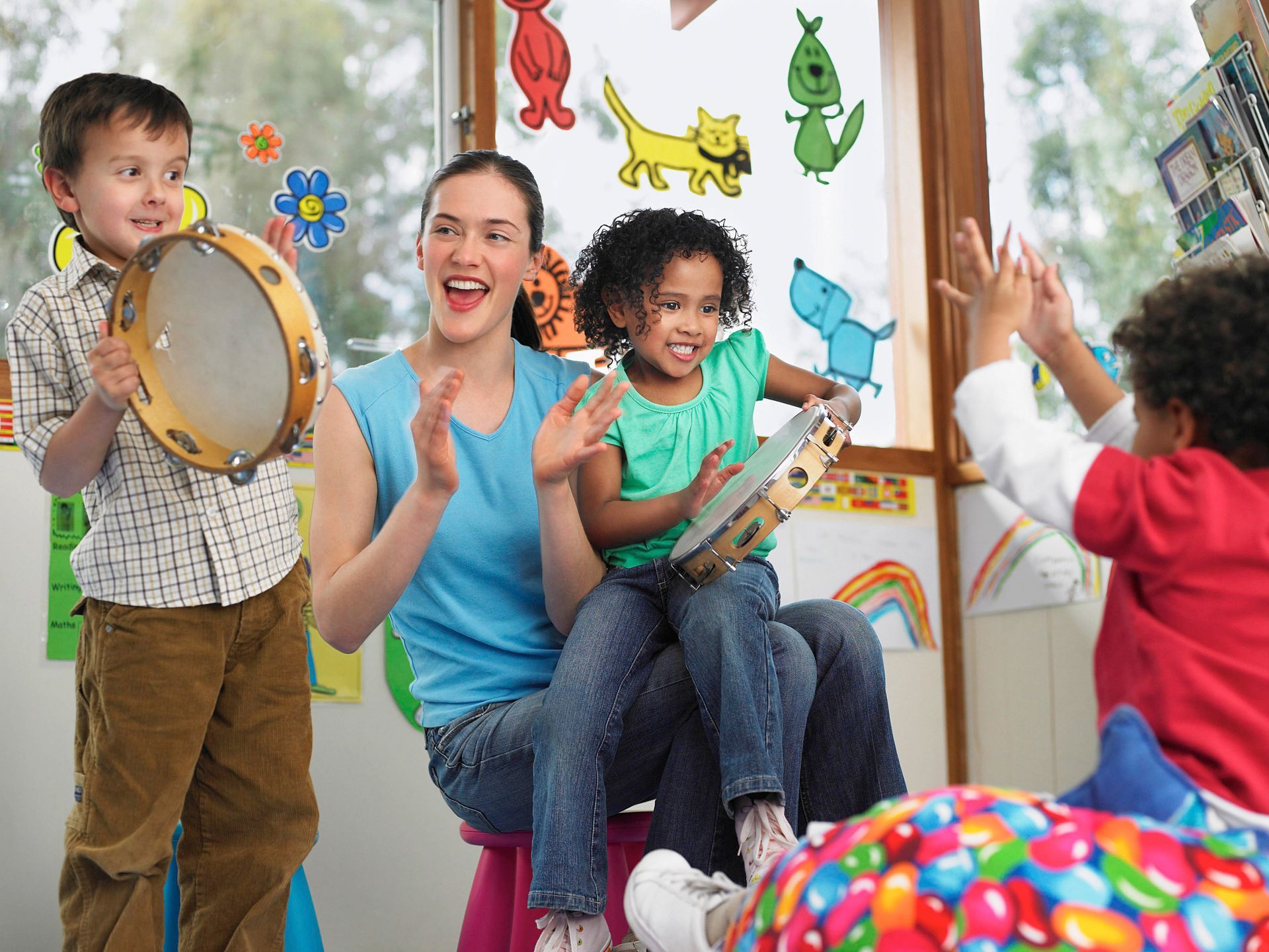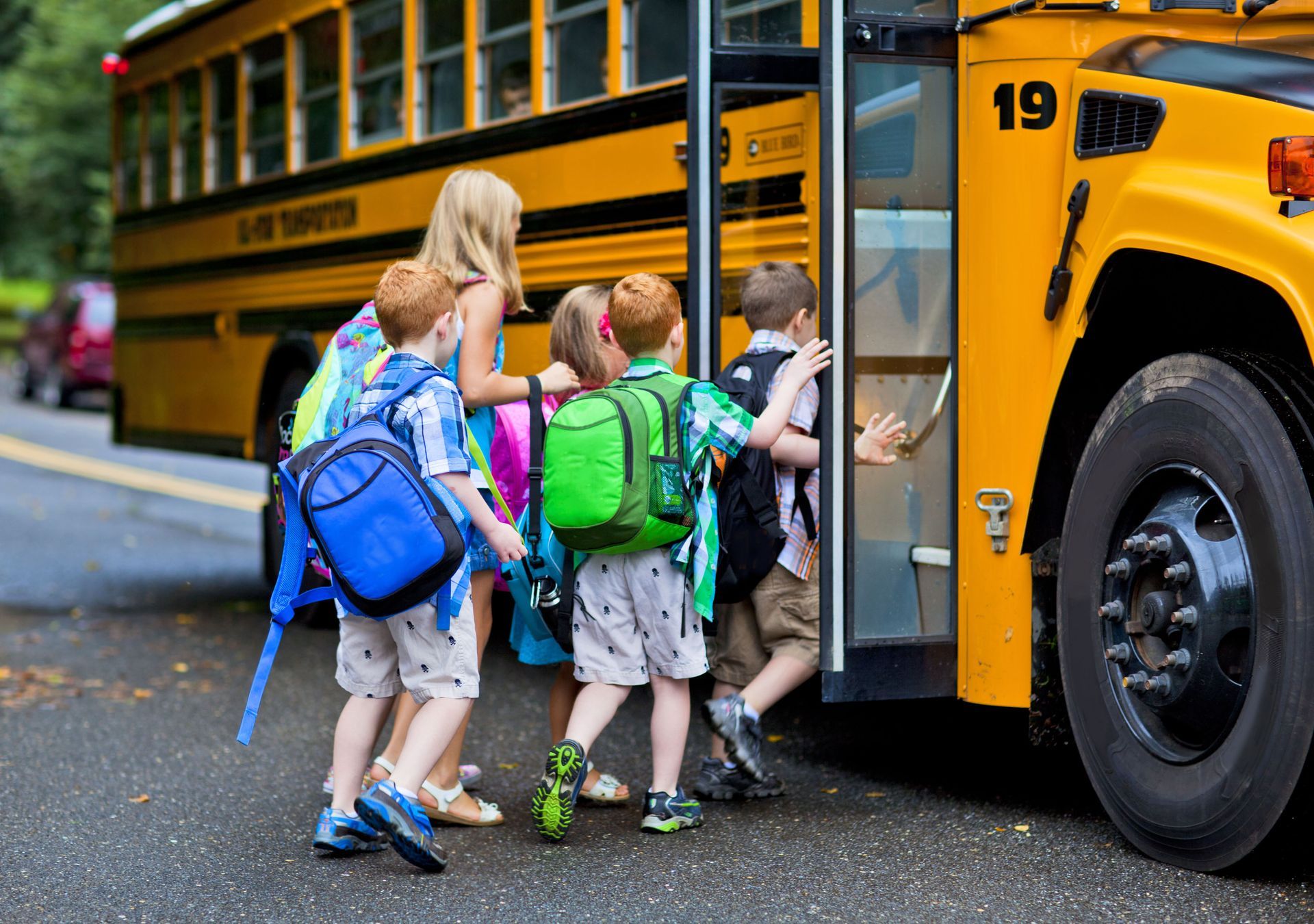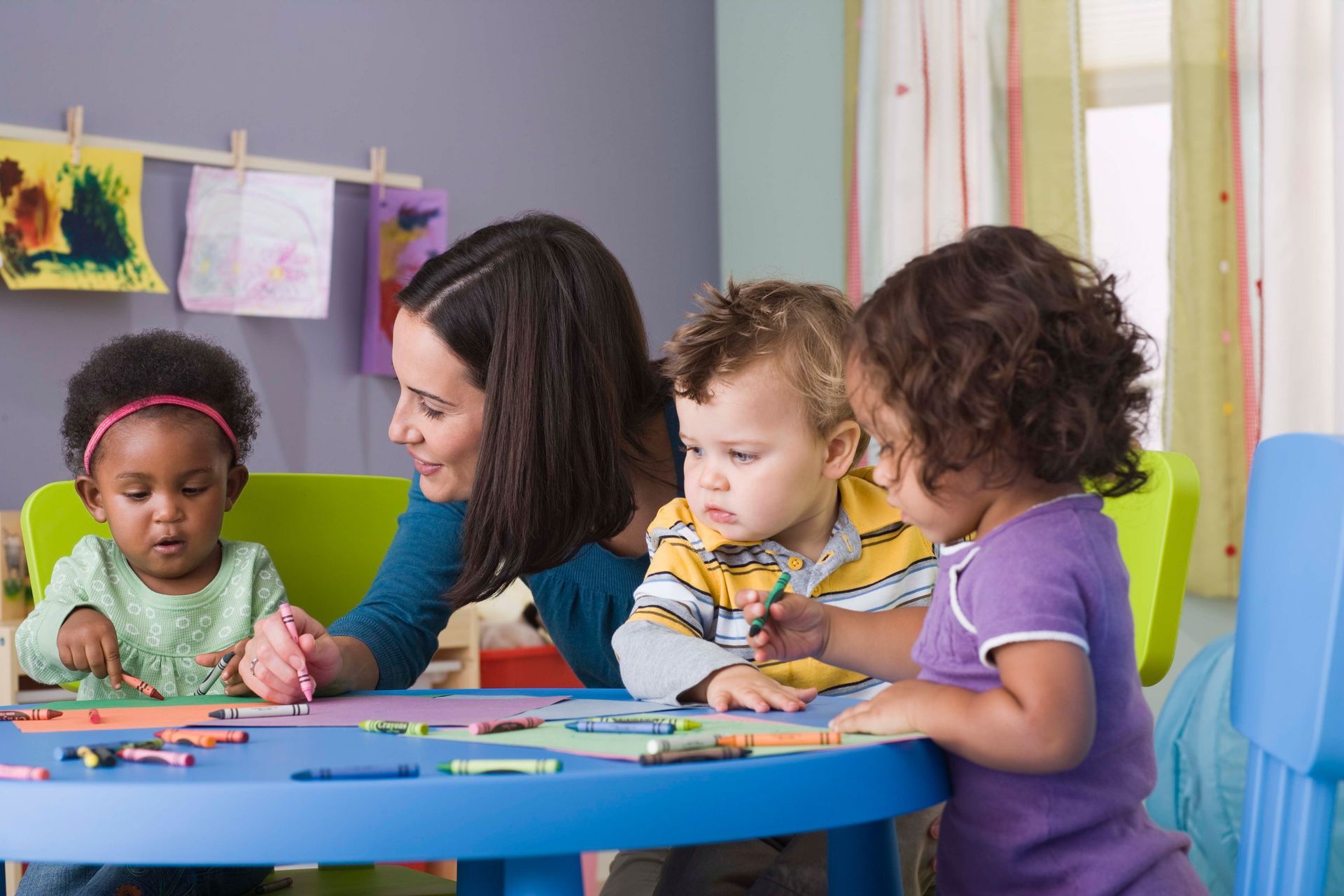September 29, 2025
Afterschool programs have increasingly become an integral part of educational settings, playing a transformative role in equipping children with essential life skills. They supplement traditional schooling by providing opportunities for holistic development, which traditional classrooms may not offer. By focusing on various facets of personal growth, these programs address the social, emotional, and cognitive development of children. Given that, according to the Center for American Progress, nearly 70% of children under age six, about 14.7 million, live in households where all parents are part of the workforce, so afterschool programs are a great way for busy parents to help care for their children while maximizing their learning. As they bridge formal education with real-world application, these programs are invaluable in nurturing well-rounded individuals.
1. Enhancing Social Skills
1.1. Building Communication Skills
Afterschool programs often create environments that necessitate varied forms of communication among participants. Whether through dialogue in a group project or expression in artistic endeavors, children learn to articulate thoughts and ideas. This practice helps them to refine both verbal and nonverbal communication skills. Such programs also offer exposure to diverse social scenarios, enabling kids to communicate effectively across different contexts. With these experiences, children build confidence and improve their ability to convey information clearly and appropriately.
1.2. Fostering Teamwork and Collaboration
Working together towards a common goal in afterschool activities encourages children to appreciate the importance of teamwork. By collaborating on tasks, they learn the art of compromise and the value of diverse perspectives in achieving success. Children develop a sense of responsibility and accountability to their peers, which reinforces group dynamics and cooperative strategies. These interactions teach negotiation skills and conflict resolution, essential components of productive collaborations. Over time, students recognize the strength of a unified group and how collaborative efforts can lead to profound accomplishments.
1.3. Developing Empathy and Emotional Intelligence
Empathy and emotional intelligence are crucial elements in navigating human interactions, and these programs are fertile grounds for cultivating these traits. Engaging with peers in shared activities allows children to observe and respond to differing viewpoints and emotions. Such exposure nurtures deeper understanding and compassion, fostering empathy among participants. Programs often emphasize emotional literacy, encouraging self-reflection and awareness. As kids encounter diverse emotional expressions, they enhance their ability to empathize and adapt to varied socio-emotional settings.
1.4. Navigating Social Dynamics and Peer Relationships
These programs offer unique environments where children can practice and refine their social skills in real-time. Being part of various group activities encourages kids to navigate different social dynamics, building proficiency in handling relationships with peers. Through these interactions, children learn to manage conflicts, develop friendships, and understand roles within social structures. These programs also act as practice grounds for understanding social cues and hierarchies, which are crucial in developing interpersonal skills. The ability to adapt to and thrive in diverse social settings is a significant advantage for children as they grow.
2. Improving Time Management
2.1. Balancing Academic Responsibilities and Extracurricular Activities
Participating in afterschool programs requires students to manage their time effectively, balancing academic duties with extracurricular pursuits. This dual responsibility compels children to create structured schedules, enhancing their ability to prioritize tasks. Developing proficiency in time management is crucial for both academic success and personal growth. Children learn to allocate appropriate amounts of time to various commitments, which increases their efficiency and reduces stress. As they master managing these responsibilities, they gain skills that are invaluable for future academic and career challenges.
2.2. Setting Priorities and Goals
These programs train children in the art of setting priorities and defining clear goals. By deciding what needs immediate attention and what can wait, children become adept at managing their time and resources. This skill is particularly beneficial as it teaches them to focus on objectives that align with their interests and ambitions. Establishing goals within these programs provides motivation and a sense of direction, which fosters personal and educational growth. Through setting and achieving goals, children learn the importance of planning and perseverance.
2.3. Developing Schedules and Adhering to Deadlines
Children learn the importance of creating and sticking to schedules through structured afterschool program activities. Working within set timelines and meeting deadlines are skills integral to success in academic and professional fields. Afterschool settings provide a controlled environment where children can practice these skills without fear of failure. By experiencing the consequences of not adhering to deadlines, children understand the importance of time management. These experiences prepare them to handle real-world pressures and expectations more effectively.
2.4. Handling Multiple Tasks Effectively
Afterschool activities often involve juggling various tasks simultaneously, teaching children how to manage multiple responsibilities. This practice enhances multitasking abilities, enabling students to tackle different objectives with competence. By devising strategies to prioritize and execute tasks efficiently, children develop crucial organizational skills. These skills are further honed by the necessity of adjusting to shifting priorities, a common occurrence in complex activities. Mastering multitasking prepares students for the demands of dynamic future environments, both academically and professionally.
3. Boosting Problem-Solving Abilities
3.1. Encouraging Critical Thinking
Afterschool programs offer scenarios that challenge students to think critically and evaluate information. By engaging in activities that require analysis and reasoning, children enhance their problem-solving skills. Critical thinking is encouraged through games, debates, and research projects that demand thoughtful examination and reflection. This practice helps them question assumptions, consider multiple perspectives, and make informed decisions. As they develop these skills, children become adept at navigating complex problems both in and out of school.
3.2. Teaching Creative Solutions to Complex Problems
Creativity in problem-solving is emphasized in many afterschool programs, providing children with the tools to tackle complex issues inventively. These settings encourage out-of-the-box thinking through projects that require innovative solutions and allow for exploratory approaches. Children learn that there are often multiple ways to approach a problem, fostering a flexible mindset. This exposure to creative problem-solving cultivates resilience and adaptability, traits valuable in an ever-changing world. As they craft and implement creative solutions, children gain confidence in their ability to effect positive change.
3.3. Facilitating Decision-Making under Pressure
Many afterschool activities simulate high-pressure environments where decision-making skills are essential. Children learn to make swift, informed decisions when faced with challenging situations in time-sensitive scenarios. This practice boosts their confidence and their ability to function efficiently under pressure. These experiences equip students with the ability to assess situations, weigh options, and choose the best course of action. Such skills have long-term benefits, preparing them to face future decisions in academia and professional life.
3.4. Engaging in Brainstorming Sessions
Brainstorming is an integral part of many afterschool activities, promoting collaborative ideation and exploration. Children participate in group discussions where they generate and evaluate ideas, learning the value of diverse perspectives. These sessions teach students to voice their thoughts and respect differing views, ultimately leading to innovative solutions. The participatory nature of brainstorming fosters engagement and reinforces the collective approach to problem-solving. Through these experiences, children learn that collaboration can unlock creative possibilities and drive successful outcomes.
The diverse skillset cultivated through afterschool programs plays a pivotal role in shaping the personal growth and development of children. Afterschool settings support social, emotional, cognitive, and physical growth, addressing crucial aspects of childhood development. If you have any questions or would like more information about the programs we offer, contact our dedicated team at The Family Learning Center today!



